
In recent years, plastic molding has emerged as a pivotal technology in various industrial sectors, contributing to the rapid evolution of manufacturing processes. With the global plastic molding market expected to reach USD 455.91 billion by 2025, according to a report by Transparency Market Research, the demand for innovative applications is surging. This growth is largely driven by advancements in materials and processing techniques, enabling companies to create more complex designs and functional components than ever before. Industries ranging from automotive to consumer electronics are leveraging plastic molding for its versatility, cost-effectiveness, and ability to produce lightweight yet durable products.
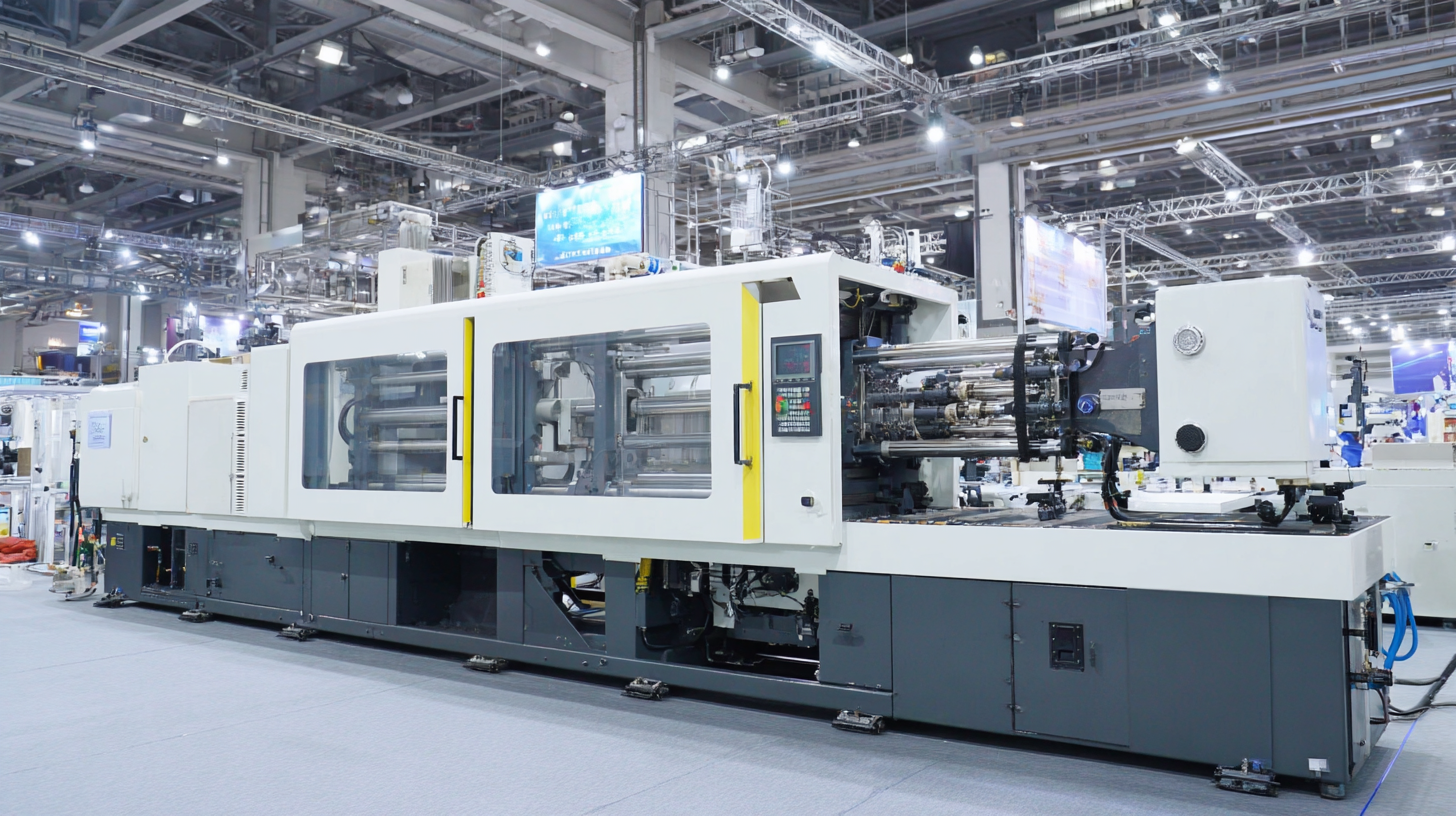
As we explore the innovative applications of plastic molding in modern industry, it becomes evident that this technology not only enhances production efficiency but also plays a critical role in sustainable manufacturing practices.
The rapid advancements in plastic molding technologies have significantly transformed modern industries, enhancing efficiency and sustainability. According to a report by MarketsandMarkets, the global market for plastic molding is projected to reach $441.8 billion by 2026, expanding at a compound annual growth rate (CAGR) of 4.6% from 2021 to 2026. This growth is driven by the increasing demand for lightweight, durable, and cost-effective materials across various sectors, including automotive, healthcare, and consumer goods.
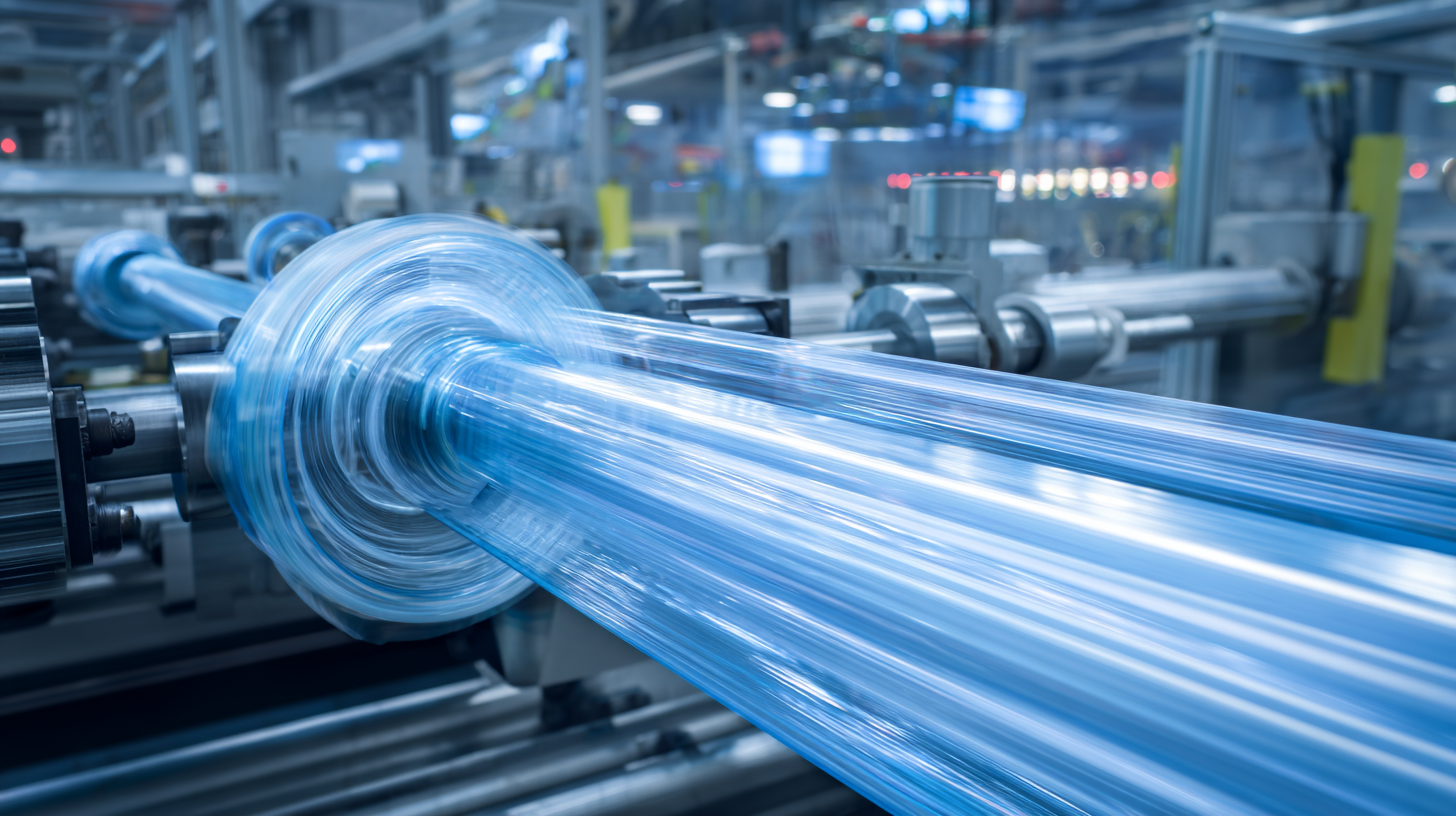
Emerging trends in plastic molding technologies include the adoption of additive manufacturing and smart molding processes. For instance, the integration of Internet of Things (IoT) solutions in molding equipment allows for real-time monitoring and optimization of production processes, leading to improved quality and reduced waste. A study by Grand View Research highlighted that the use of 3D printing in manufacturing could reduce material costs by up to 30% while increasing design flexibility.
Additionally, the shift towards bioplastics is gaining momentum, responding to environmental concerns and regulatory pressures. This trend indicates a growing commitment within the industry to innovate sustainable practices, impacting everything from product design to end-of-life recycling strategies.
Plastic molding has emerged as a crucial component in advancing sustainable manufacturing practices across various industries. According to a report by the National Association of Manufacturers, over 30% of plastic tooling can be recycled or reused, significantly reducing waste and the consumption of raw materials. Micro-injection molding, for example, allows manufacturers to produce intricate components with minimal waste, maintaining environmental integrity while achieving high precision. This technology not only enhances product quality but also minimizes energy use during production.
When integrating plastic molding into sustainable practices, consider the following tips: first, opt for bio-based or recycled materials to reduce dependency on fossil fuels. Secondly, implement closed-loop processes that allow for the recycling of scrap materials directly back into the production cycle; this can lead to a decrease in overall material costs. Furthermore, investing in energy-efficient molding machines can substantially lower the carbon footprint associated with production. By adopting these strategies, manufacturers can create products that support environmental sustainability while meeting market demands effectively.
| Application Area | Material Type | Sustainability Aspect | Innovation Level |
|---|---|---|---|
| Automotive Components | Recycled Polypropylene | Reduces Carbon Footprint | High |
| Consumer Electronics | Biodegradable Plastics | Compostable Materials | Medium |
| Packaging Solutions | Recycled PET | Minimal Waste Generation | High |
| Medical Devices | Medical Grade Polymers | Safety and Sterilization | High |
| Construction Materials | Composite Plastics | Energy Efficiency | Medium |
The innovative applications of plastic molding are transforming key sectors of modern industry, leading to remarkable efficiencies and enhanced product design. In the automotive sector, for instance, manufacturers are utilizing advanced plastic molding techniques to create lighter, more fuel-efficient vehicles. Integrating components such as bumpers, dashboards, and interior trims through plastic molding not only reduces weight but also allows for greater design flexibility. Case studies reveal that leading companies have seen a significant drop in production costs while maintaining high safety standards, showcasing the powerful impact of this technology.
Similarly, the consumer electronics industry has embraced plastic molding for both functional and aesthetic enhancements. With the demand for sleek, lightweight devices on the rise, companies are using injection molding to produce complex shapes and sleek surfaces that were previously unachievable. Notable examples include smartphone casings and laptop shells that combine durability with an attractive finish. To successfully implement plastic molding, companies should focus on material selection and mold design, ensuring that they align with the desired product specifications.
Tips for effective plastic molding include conducting thorough prototyping to identify potential design flaws early in the process. Additionally, maintaining an open dialogue with suppliers about material advancements can lead to innovative solutions that enhance product performance and sustainability. By being proactive in these areas, businesses can fully leverage the advantages of plastic molding, positioning themselves at the forefront of their respective industries.
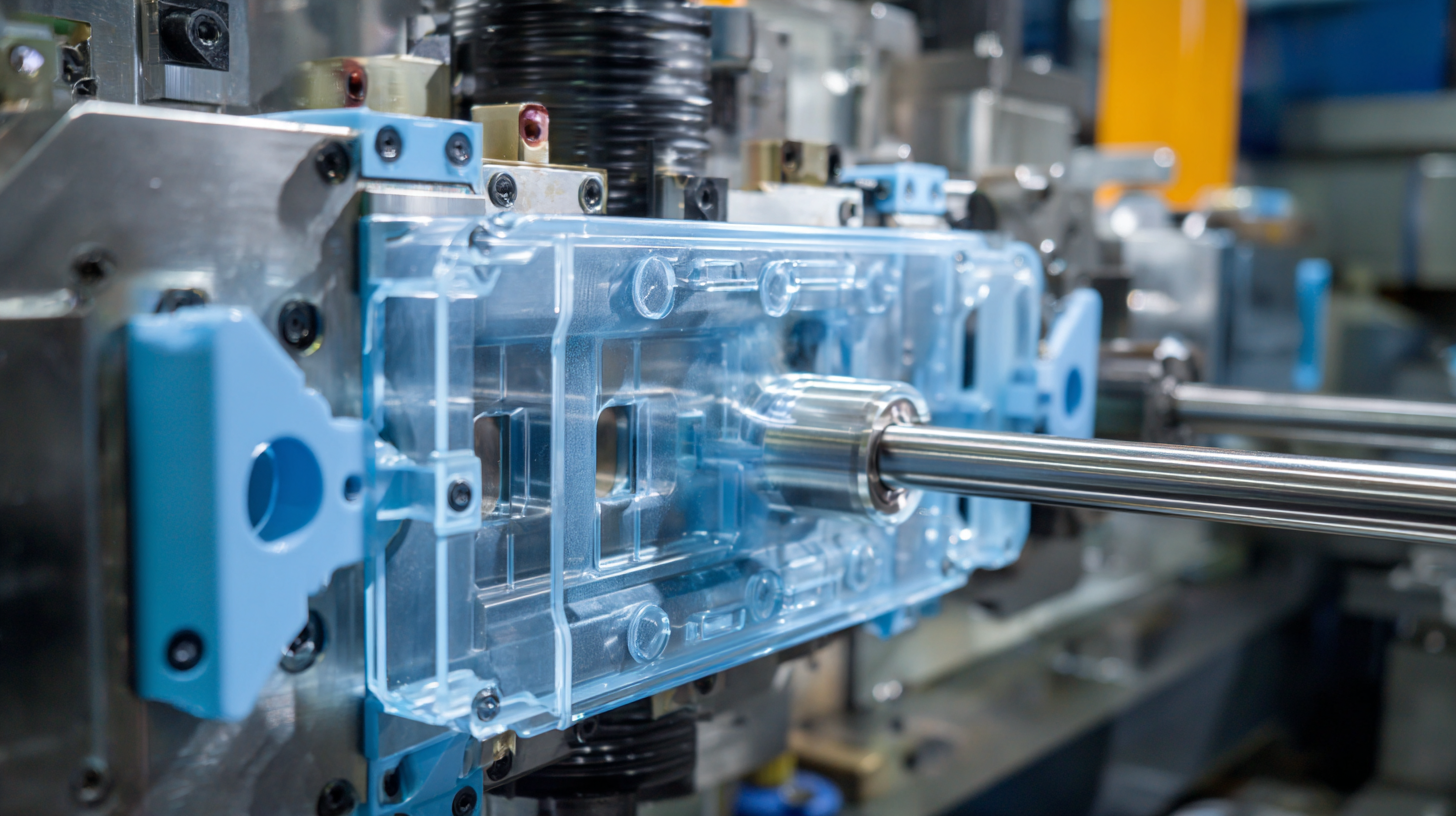
The plastic molding industry is experiencing significant growth, driven by technological advancements and increasing demand across various sectors. Recent market data analysis indicates that the global plastic molding market is projected to expand at a compound annual growth rate (CAGR) of approximately 5% over the next five years. This growth can be attributed to the rising applications of plastic components in industries such as automotive, consumer goods, and medical devices. Manufacturers are increasingly leveraging precision molding techniques to produce more complex and lightweight components, enhancing overall product performance and reducing production costs.
Moreover, the integration of sustainable practices in plastic molding is reshaping market dynamics. With a growing emphasis on environmental responsibility, companies are investing in bio-based and recycled materials. This shift not only meets regulatory requirements but also responds to consumer demands for greener products. As industries adapt to incorporate these innovative materials and processes, the plastic molding sector is poised to witness robust growth, making it an attractive area for investment and development in the coming years.
Innovative applications of plastic molding are reshaping industries by leveraging advanced materials that enhance performance and sustainability. In the automotive sector, the shift towards lightweight materials is crucial for the success of electric vehicles (EVs). By replacing metals with advanced plastics, manufacturers can achieve significant weight reductions, thereby improving energy efficiency and performance. Technologies that incorporate nanostructured polymers are at the forefront, allowing for the development of materials that not only reduce weight but also extend the lifespan of critical components.
Moreover, recent advancements in sustainable packaging demonstrate the potential of high-performance plastics to address environmental challenges. Innovations focusing on creating sustainable resins are being introduced to meet consumer demand for eco-friendly solutions without compromising on quality. This trend is not limited to the packaging industry; it permeates various sectors, including aerospace, where lightweight and robust materials are essential for optimizing fuel efficiency and performance. As industries continue to embrace these advanced plastics, the future of manufacturing looks promising, driven by innovation and a commitment to sustainability.
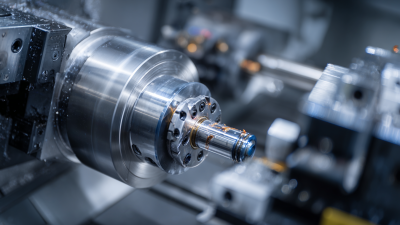

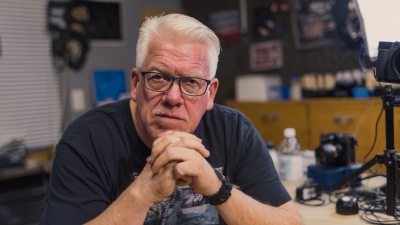
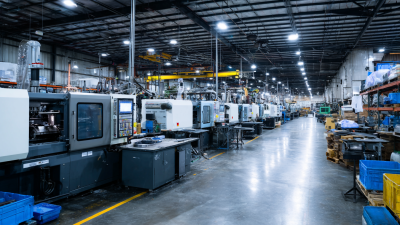
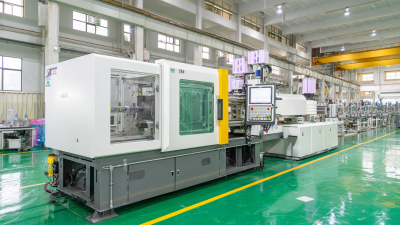
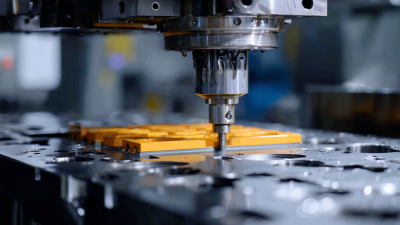
Copyright © 2025 The Toolroom Inc. All Rights Reserved.
Website Design St Louis by IQComputing